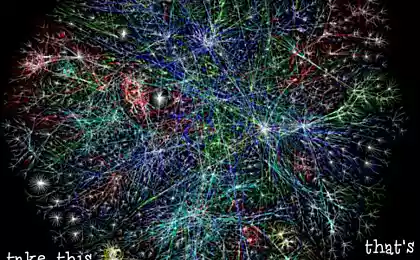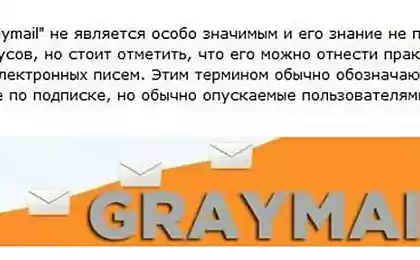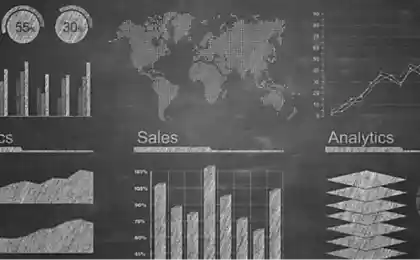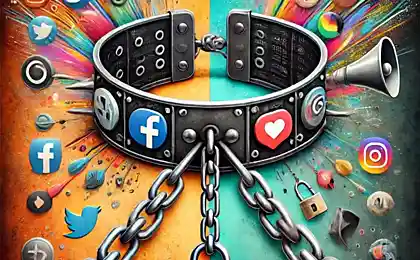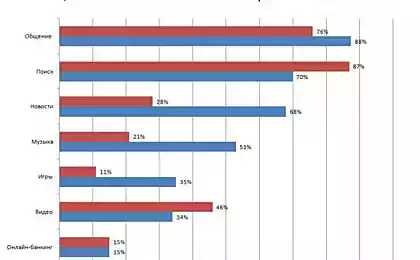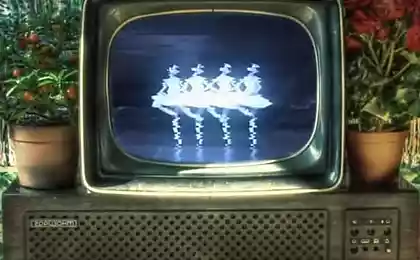1179
Internet terms
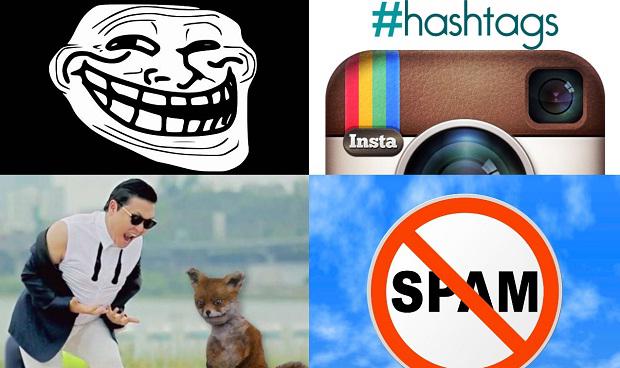
Avatars and memes, trolling and spam - all of these terms have become part of our modern vocabulary from the Internet. Most of them came from the English language and find the equivalent in Russian. How did these neologisms and that really means well-known Internet terms? Avatars (avatars) 36,722,982
Word for our transformation into a network has a mysterious origin. It is derived from the Sanskrit term from the language of "Avatar," which meant a shift of God from heaven to earth form. In English, the term has appeared thanks to the Hindi language in the 18th century, retaining its mystical significance. And only in 1992, the word was popularized in the book "Avalanche" of American science fiction writer Neal Stephenson, and has acquired the technological sense. Heshtegi
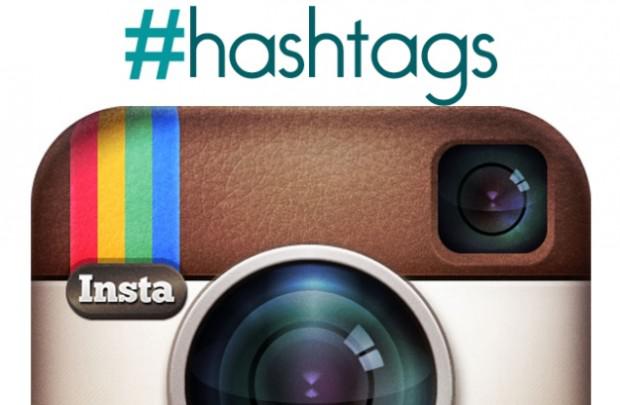
In the 1920s in America, the # sign was used as a symbol of weight in pounds. In other countries, it became known as the number sign or pound sign. For the first time the sign began to be used in the field of telephony engineers at Bell Labs in the company as a symbol of the common functions and called it "oktotorp". Currently, hashtags have become popular thanks to social networks such as Twitter and Instagram, allowing you to find photos and tweets on the same topic, for example, #photo, #cat, #funny. Trolling

Although online troll is often portrayed as a grinning face, the word comes from the old French verb «troller», which means "to wander during the hunt." The English word «trolling» has acquired the meaning of "fish bait". This value is the lure unsuspecting subject and has led to a virtual trolling when the more experienced Internet users are less knowledgeable interlocutors provoke a conflict. Also, the noun "troll" in Norse mythology represents an unpleasant thing. Mem
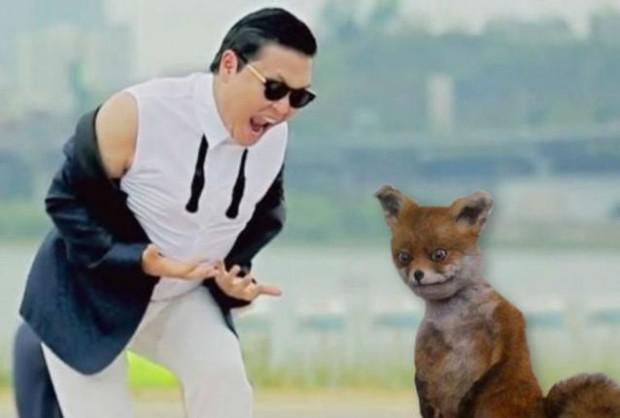
The word "meme" appeared in 1976 in a book of English Professor Richard Dawkins 'The Selfish Gene' abbreviation of the word in ancient Greek «μίμημα» («mimem"), meaning "likeness of imitation". The word "Mem" in a book similar gene, which is a unit of cultural transmission. Later "meme" has become one of the most iconic Internet phenomena, representing information, idea, video or photo, which spreads from one person to another through the Internet like a virus or a gene that is reproduced, modified and developed. Spam

The term "spam" first appeared in the comic series of the British show "Monty Python's Flying Circus" in 1970. The sketch called "Spam", which is also the name of a ham with spices («SPiced hAM») American company Hormel Foods Corporation, represented cafe where ham «SPAM» existents in all dishes of the menu, and the chorus of Vikings constantly sings the word "Spam! "drowning out the voices of other people. In the early 1980s, those who wanted to terminate any online discussion, many times copied the same word to block them. Since then, the word "spam" has been used as a term meaning attempts to stifle the real content. Gik

The word "geek" (eng. «Geek») comes from the German word «geck», meaning a crazy man in a traveling circus. Traditionally, the geek show was an artist who bit off the head of a live chickens. In the modern sense of the word "boom" appeared in a short story by American writer Robert Heinlein's "Year of the Jackpot", and in the 1980s it was used to describe socially maladjusted children, enthusiastic technology. This generation of technologically savvy young people has given rise to the first generation of Internet millionaires and even billionaires geeks.
Source: www.infoniac.ru/news/Izvestnye-internet-terminy-i-ih-proishozhdenie.html
